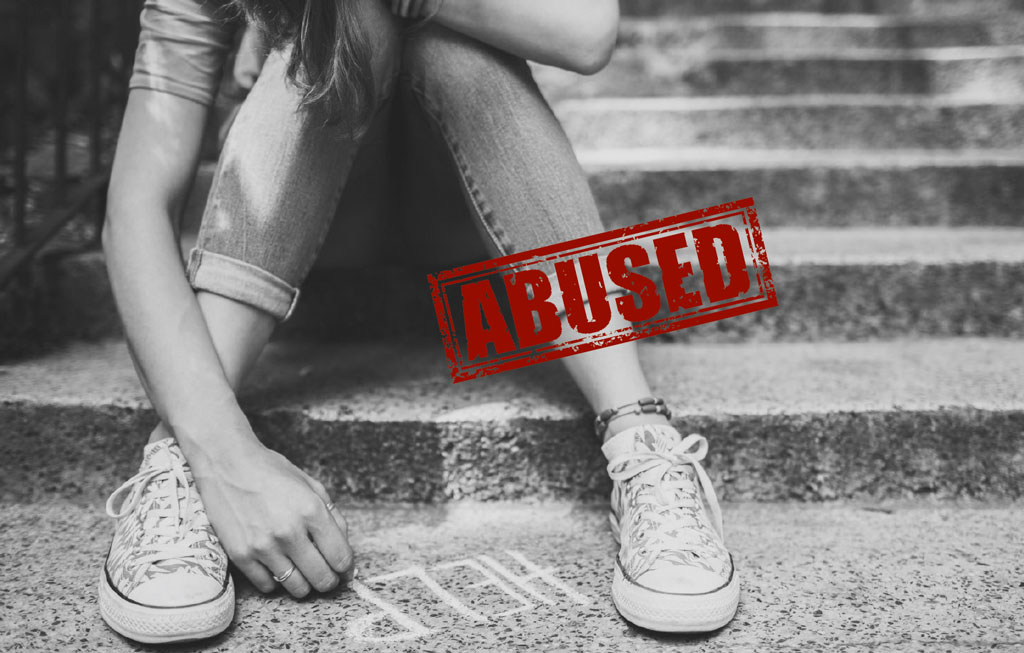
Kim Harrison discusses consent & the Criminal Injuries Compensation Authority in relation to child sexual exploitation
-
Sufferers of child sexual exploitation now being recognised as genuine victims
-
Criminal Injuries Compensation Authority still behind the times and subject of much criticism.
- Revised guidance issued on 31 October 2017 was welcomed, but the risk of victims being unfairly denied compensation remains.
Society’s perception of victims of child sexual exploitation (CSE) has greatly changed over the past decade. Victims of this crime are no longer routinely labelled ‘child prostitutes’ making a ‘lifestyle choice’ – instead police, CPS, social services and other agencies are recognising these children as genuine victims of sexual abuse and exploitation. Much progress has also been made in prosecuting perpetrators and successful civil claims have also been brought on behalf of CSE survivors against local authorities and other agencies who failed them.
The Criminal Injuries Compensation Authority (CICA), however, has been slow to catch up. The CICA is a government funded body which pays compensation to victims of ‘crimes of violence’ if









